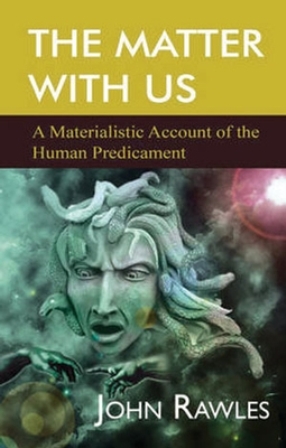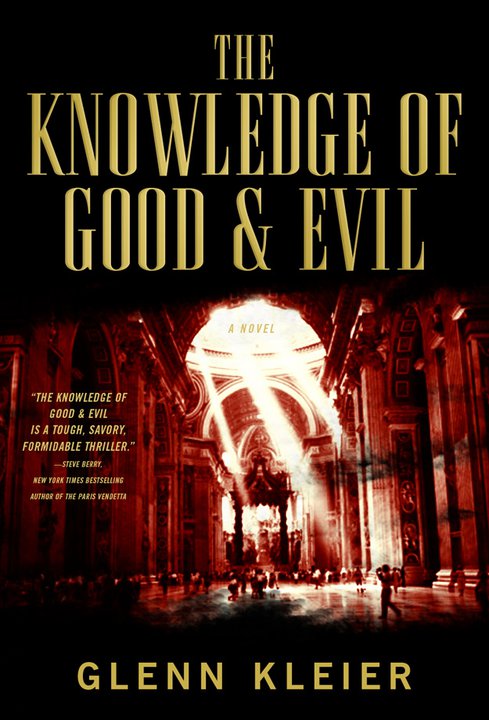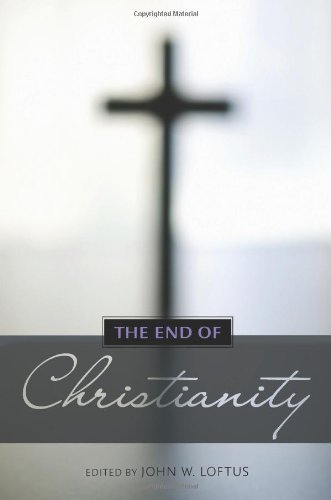Rawles’ cleverly titled book begins most ominously. In comparing our planet to a space craft, a stark page appearing event before the table of contents details our predicament: “The bridge of spaceship Earth is deserted,” it begins, “nobody is in charge.” Mentioning the fighting, looting, and squandering, Rawles coldly admits that though most passengers on the ‘spaceship’ wish to enjoy “the cruise of a lifetime in safety, comfort and good health,” such a prospect seems unlikely. Almost as a sarcastic afterthought, Rawles adds, “And it was such a beautiful ship.”
Witty metaphors aside, Rawles sums up the current state and future prospects of humanity into what he terms as “Nine Gordian Knots” (page 432). Any one of these ‘knots,’ he contends, could unravel the current precarious state of the world and even the future prospects for humans and other species. Among the grave problems at humanity’s doorstep are the end of oil, climate change, environmental degradation, and armed conflict. Regarding this final problem, Rawles spends several pages dishing out copious amounts of shocking and unsettling facts that lead to the conclusion that “all five permanent members of the UN Security Council have a vested interest in perpetual, global, armed conflict” (464). The other eight ‘knots’ offer similarly upsetting eventualities.
.
Read more: Book Review: The Matter With Us
When I was asked to review the book “Letters to Christian Leaders” by Jake Farr-Wharton I was happy to do so. The premise of the book, a series of letters to leading Christian cultural figures, sounded potentially interesting. I read the book jacket and was a little concerned by the claim that it contained a “dash of toilet humor” but assumed it was just going to take a witty, sarcastic, or generally snarky tone.
That much is true. The tone of the book is definitely snarky, but frankly, it goes so far beyond snarky that the word fails to do the book justice. This book doesn't contain a “dash” of toilet humor, the book is essentially an endless tirade of abuse, profanity, and smugness. The author takes every opportunity to heap bile upon the targets of his chapters, mixing in actual facts here and there but generally just telling such Christian luminaries as Kirk Cameron, Roberta Combs, Pat Robertson, and Dinesh D'souza how stupid and pathetic they are. It's like reading a book-length Internet rant written by a foul-mouthed 15 year old.
.
Read more: Book Review: Letters to Christian Leaders - A Hatchet Job
By James Zimmerman
The Knowledge of Good and Evil by Glenn Kleier, ©2011 TOR Books, 416 pages
Kleier’s latest novel takes readers on a globetrotting hunt for answers to life’s toughest questions. A lapsed Christian and his skeptical fiancé are trying to uncover the knowledge of good and evil by searching for clues in classic works of art and architecture all while eluding assassination attempts from a secret Catholic order. Clipped, noir-ish sentences and short chapters, meanwhile, move the narrative along at an appropriately hurried pace. If you think this sounds akin to Dan Brown’s Robert Langdon Trilogy, you’re not alone; a quick look at online reviews shows that most readers, whether they enjoyed Kleier’s novel or not, also find the similarities striking.
But while Brown’s protagonist travels the world seeking clues for murders and kidnappings, Kleier’s story goes further – much further. The knowledge of good and evil, in this case, is that spoken of at Genesis 2:17, one of the verses quoted in entirety prior to the prologue.
.
Read more: Book Review: The Knowledge of Good and Evil
By James Zimmerman
The End of Christianity
by John Loftus, et al, ©2011
Prometheus Books, 438 pages
The first thing you will notice when picking up Prometheus Books’ latest anthology The End of Christianity is the blurry cross dominating the cover. Whether the book is sitting on your desk or in your hand at a coffee shop, one thing is certain: everyone around is going to think you’re reading some Christian devotional. When reading the book in public, I folded over the cover, trying to hide the bold image.
.
Read more: Book Review: The End of Christianity
 Rawles’ cleverly titled book begins most ominously. In comparing our planet to a space craft, a stark page appearing event before the table of contents details our predicament: “The bridge of spaceship Earth is deserted,” it begins, “nobody is in charge.” Mentioning the fighting, looting, and squandering, Rawles coldly admits that though most passengers on the ‘spaceship’ wish to enjoy “the cruise of a lifetime in safety, comfort and good health,” such a prospect seems unlikely. Almost as a sarcastic afterthought, Rawles adds, “And it was such a beautiful ship.”
Rawles’ cleverly titled book begins most ominously. In comparing our planet to a space craft, a stark page appearing event before the table of contents details our predicament: “The bridge of spaceship Earth is deserted,” it begins, “nobody is in charge.” Mentioning the fighting, looting, and squandering, Rawles coldly admits that though most passengers on the ‘spaceship’ wish to enjoy “the cruise of a lifetime in safety, comfort and good health,” such a prospect seems unlikely. Almost as a sarcastic afterthought, Rawles adds, “And it was such a beautiful ship.”



